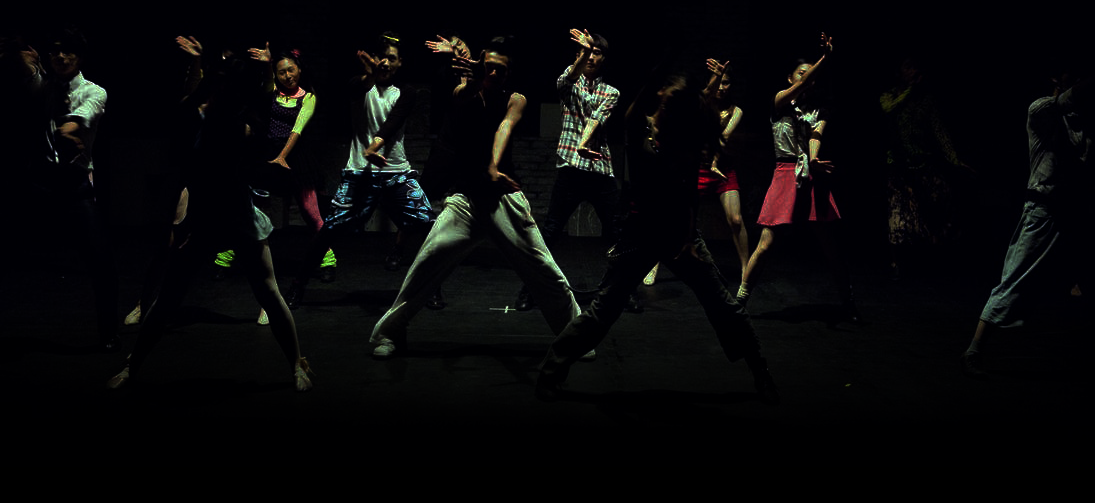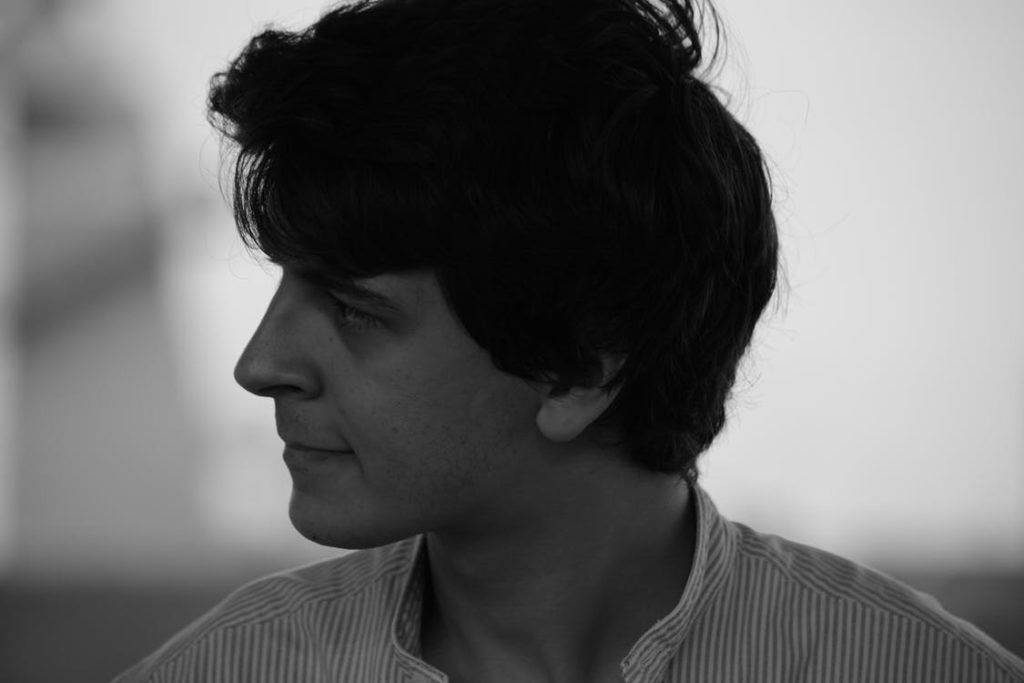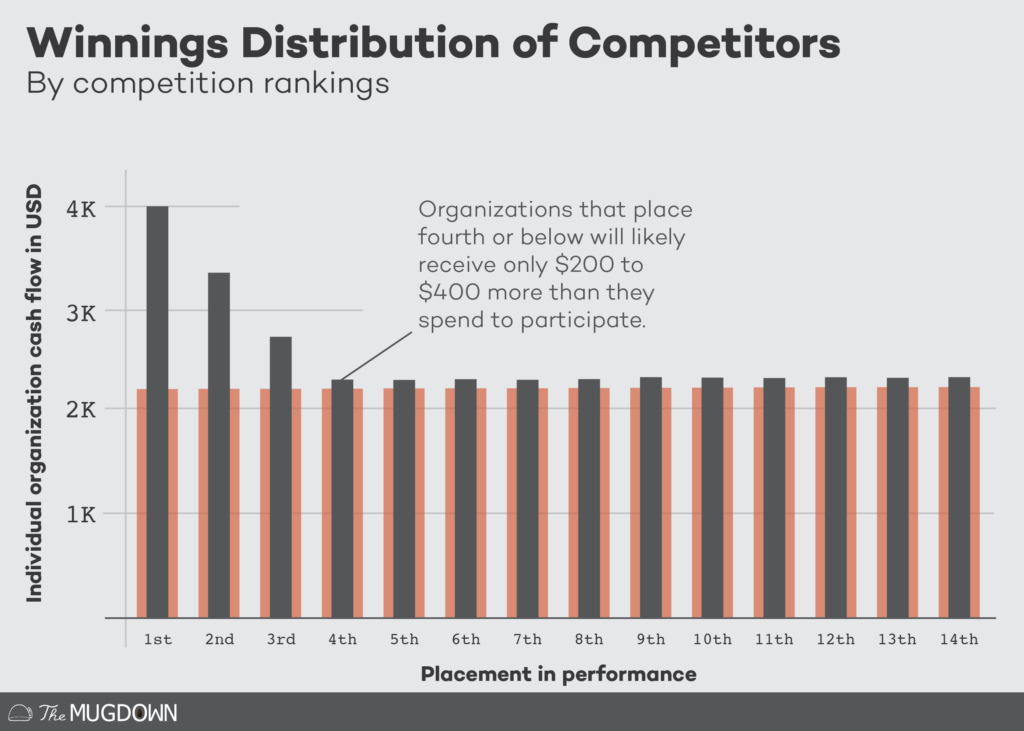The True Cost of Songfest: A Mugdown Investigation


The Mugdown sends a journalist headfirst into the world of Chi Omega’s Songfest, Texas A&M’s largest philanthropy event, only to discover a system built almost entirely on social obligation.

I WALK INTO THE ROOM reserved at the Rec for our Songfest rehearsal. Today’s agenda: a complete run-through of the mens’ dance, in which college-aged men strut their assets and desperately grasp at rhythmic purity. Next, we will drill the partner dance, where two separate groups of paired couples will learn complimentary routines.
The room is too small for this many people— 45 guys and 45 girls crammed into a space designed for yoga or instruction. It smells like sweat. Everyone is dressed in Halloween costumes.
When I learned that my next assignment was an investigation into the world of Songfest, I had no idea what I might find. I’ve travelled the world reporting for The Mugdown and investigated some unforgettable things, but nothing I’ve done draws any parallels to participating in Songfest.
Songfest is hosted by the sorority Chi Omega, and the dance competition has been held annually for the past forty years. According to the event’s website:
Clearly my experiences investigating human rights abuses at the “4C” Corps of Cadets Correctional Center or uncovering the university’s efforts to launder money through its Qatar campus weren’t going to be of any use to me on this assignment. I was going in blind.
I was embedded within the Virtuous Men of Aggieland, an all-male organization at Texas A&M. VMA is one of the oldest non-greek, all-male fraternities at Texas A&M and has a “work hard, play hard” reputation when it comes to Songfest. I became a “brother” in VMA in the months leading up to the competition; I joined them at rehearsals, meetings, and social events.
Partnered with the Virtuous Men of Aggieland was the sorority Chi Rho, also known for its dedication to Songfest. Chi Rho won Songfest in 2014 and has been eager to emerge victorious once again.
“This is the weakest shit I’ve ever seen. You need to step up. You need to win this.”
Lester O’Hagen is president of Virtuous Men of Aggieland. He is dressed as a bike cop, complete with a helmet and clear safety glasses that are clearly meant more for a wood shop than practical wear. He’s pulling it off.
O’ Hagen addresses the crowd: “Frankly, this isn’t that hard. Five of you were late today. Six more missed practice yesterday. I don’t know why none of you give even give a damn about about [our philanthropy] God’s Reign Christian Obedience Camp! They need us to win in two weeks. After all of the hours that our amazing partners have put into this, after all the work that went into our [Teletubbies-inspired] choreography, and after all the hours you have put into practice so far, this is the weakest shit I’ve ever seen. You need to step up. You need to win this. Because right now, we aren’t even going to get top three.”
Lester O’Hagen, a senior supply chain management major, presides over the Virtuous Men of Aggieland as they labor for Songfest.
“I am duty-bound to ensure that these men will someday find solace in their exertion.”

Inspired by O’Hagen’s rousing appeal, the VMA boys began with renewed vigor. It is starting to come together and the soundtrack fades from “Welcome to the Jungle” to “Sorry.” The dance teams transition from the last partner dance, a scene in which the Teletubbies fight the Tubby Custard Machine, to the finale of their performance, where the baby-faced sun — a widely-respected fifth year senior — sets and finally goes to bed.
There is much discussion about “facials.” “If the judges can see you counting with your lips, points get deducted,” instructs Chi Rho’s dance leader, Sady Santa-Cruz. We put on our best game faces.
Upon the conclusion of rehearsal, leadership from VMA and Chi Rho distribute t-shirts to the participants. “We hit 100%!” shouts Santa-Cruz.
The group that reaches full shirt-sales are awarded the opportunity to select their position in the performance lineup. No group who started in the first half of the performance has ever seen victory.
Songfest is the largest annual philanthropic event on Texas A&M’s campus. But just how big is it?
The statistics behind Songfest are mind numbing: nearly 7,500 tickets are sold across three performances, 4,000 t-shirts, and 28 organizations. Yet, that pales in comparison to the sheer amount of labor contributed by dancers.
Let’s break it down:
Top tier competitors typically put in about three hours a week for six weeks, followed by two 15-hour weeks of run-throughs leading up to the shows. This, combined with the 12 hours devoted to actually warming up and performing, comes out to nearly 60 total hours for the most committed organizations.
Assuming not every group is rehearsing as much as VMA, I am sticking to a more conservative estimate of 40 hours per competitor:


Each organization enlists 45 members to spend their weeks rehearsing…

…and there are 28 groups represented across 14 teams.

The result is over 50,400 hours of labor dedicated to Songfest.

“I failed my Accounting 327 test,” junior finance major Lincoln Applegate says to me. Lincoln is a member of VMA, another one of my new “brothers.” We’re at Logie’s, it’s 1:15 a.m. after a fun Thursday night, and everyone is hammered.
I asked Lincoln what happened. “I couldn’t get in the study time I needed. I already had to miss a practice for a doctor’s appointment, and we just weren’t able to nail the flip so I couldn’t miss another one.”
An impressive physical “trick,” a guy flipping a girl in some way, separates the wheat from the chaff in the judge’s scoring. One Chi Rho sister dislocated her shoulder last week while practicing the maneuver and is going to have surgery in December.
Stephanie Emili dislocated her shoulder practicing her Songfest routine but is deferring her surgery until after the final performance.

The rigorous, boot camp-like training over the past two weeks has been unbelievably taxing on everyone. In order to persevere, I’ve had to build strong relationships with otherwise distant members of VMA. Their primary responsibility up to this point is just driving the older guys around, and now we get to see if they can pull us over the finish line. Lincoln is just one of many guys who I’ve actually gotten to know as a result of this process. Though it took a while, he landed his trick for the first time this week.
As a result of the competition, various organizations are granted massive, glorious checks to present to their various philanthropies. Amounts vary annually depending on how much is raised, but nearly $70,000 is set aside initially for Chi Omega to donate to their national and local philanthropy, and the remaining funds are split among participating organizations. An act that places will typically earn an additional $1,000–$3,000 to split.
“Most organizations can labor for nearly 1,800 hours to net a mere $365 dollars extra for their philanthropies”
Yet, to achieve these results, acts have to devote not only time, but money. A dancer buys at least one official Songfest t-shirt, typically more. He or she then has to purchase a costume. In our case, a Teletubbies hat costs $20 a head, a colored t-shirt from a bulk order costs $4, and the correct colored shorts cost a final $10, not to mention that each participant was asked to come with good socks. My dance partner and I—in fact, our entire quadrant from the partner dance—are performing as the Telebubbies character Poe. I already have the red shirt. Bright red socks on Amazon came out to $9.89, though I was able to split it with a few other partners.
It is difficult to find raw data on the subject, but a poll of my peers in other organizations, such as the Texas A&M Hawaiian Shirts Club and Aggie Sisters in Service, yield similar results. Each dancer spends an average of $30 just to make themselves look the part for the performance.
But does this spending turn into meaningful contributions to philanthropies? When we zoom out, these contributions do not create truly meaningful impacts for their organizations. The best possible outcome is victory: the group (a pair of two organizations) that takes first place is awarded $8,000 for the philanthropic organizations the two organizations represent. The $8,000 is then split in half among the two partnered student organizations, for disbursement to the philanthropy.
After an estimated average cost of $2,135 dollars, a student organization who wins Songfest nearly doubles their money. Not a bad return on investment, but the returns immediately collapse, beginning as early as second place. Most organizations can labor for nearly 1,800 hours to net a mere $365 dollars extra for their philanthropies.

During my time with the Virtuous Men of Aggieland, I have spent nearly sixty hours on Songfest, meaning I have allocated more time to our performance than I’ve spent in two of my 3-hour courses combined. These organizations earn roughly $0.20 per hour each person works, comparable to child labor wages in Pakistan and India.
I set out on a mission to learn what went on in the thicket of the Songfest world, but after all the monetary costs, gruelling rehearsals, and even a serious injury, I see how one can get so wrapped up in the competition that they lose sight of what is really happening. Throughout my time with the Virtuous Men of Aggieland, I felt invested—I felt that maybe this is all worth it. I find myself explaining away all that we’ve suffered simply because, frankly, I’m proud of our choreographed dance. Especially the one in which Noo Noo, the vacuum cleaner, performs a double flip over me and my partner.
“I find myself explaining away all that we’ve suffered simply because, frankly, I’m proud of our choreographed dance.”

The reason Lincoln gave up an A in Accounting 327, the reason why Stephanie tore her shoulder, the reason why VMA spent more than $2,000 on costumes, and the reason why I am here is pretty simple: social obligation on a quest for greater glory. We show up to support our friends behind the façade of philanthropy. We show up to feel good.
We may not even mind the true cost of Songfest.
Howdy Boo Boo is a reporter for The Mugdown and will be performing alongside the Virtuous Men of Aggieland and Chi Rho at Songfest. Performances will occur on November 17th and 18th, 2017.
— Howdy Boo Boo & North by Northgate —
